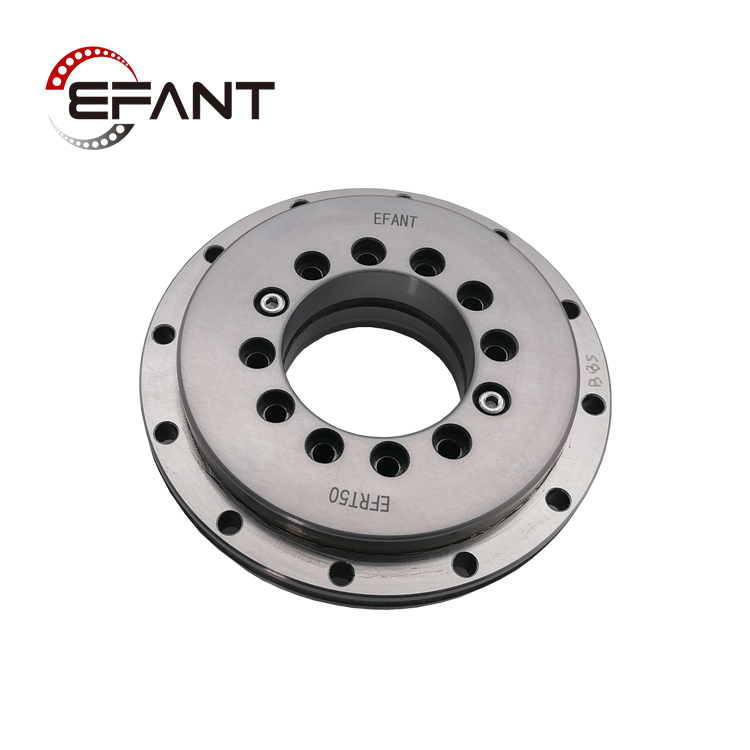


Here are some of the effects of temperature on bearing damage:
1.Thermal Expansion: Bearings are typically made of materials like steel, which expand and contract with temperature changes. When a bearing gets too hot, it can lead to thermal expansion, which can cause misalignment, increased friction, and premature wear.
2.Lubricant Viscosity: The viscosity of the lubricant inside the bearing can be affected by temperature. When it gets too hot, the lubricant can become too thin, reducing its effectiveness in reducing friction and heat. On the other hand, at very low temperatures, the lubricant may become too viscous and not flow properly.
3.Material Fatigue: Temperature fluctuations can induce stress in bearing materials, leading to fatigue. Cyclic heating and cooling can cause microcracks to form, eventually leading to material failure.
4.Corrosion: Extreme temperatures can lead to condensation and moisture buildup, which can promote corrosion of bearing components. High temperatures can also accelerate oxidation of lubricants, leading to the formation of corrosive byproducts.
5.Grease Degradation: At high temperatures, grease lubricants can oxidize and break down, leading to reduced lubrication effectiveness. This can result in increased friction, heat, and wear.
6.Clearance Changes: Temperature variations can cause changes in the clearance between bearing components. When a bearing gets hot, it can expand, potentially leading to a reduction in clearance and increased contact, which can lead to higher friction and wear.
7.Thermal Cycling: Repeated temperature changes, especially rapid ones, can lead to thermal cycling stress, causing the bearing components to expand and contract repeatedly. This can contribute to premature fatigue and damage.
8.Seal Integrity: Temperature fluctuations can affect the integrity of seals on the bearing, which can allow contaminants to enter and compromise the lubrication. This can accelerate wear and damage to the bearing.
9.Overheating: High operating temperatures can directly lead to overheating of the bearing, which can accelerate wear and potentially cause the lubricant to break down. Overheating is a common cause of bearing failure.
You can contact us if you have any requirements!
Dec-25-2024
Trade Shows&Event
Three things you should pay attention to when using turntable bearings! More InformationDec-24-2024
Trade Shows&Event
A brief introduction to the advantages of cylindrical roller bearings! More InformationDec-23-2024
Trade Shows&Event
What are the characteristics and applications of double-row cylindrical roller bearings? More InformationSubmit Request